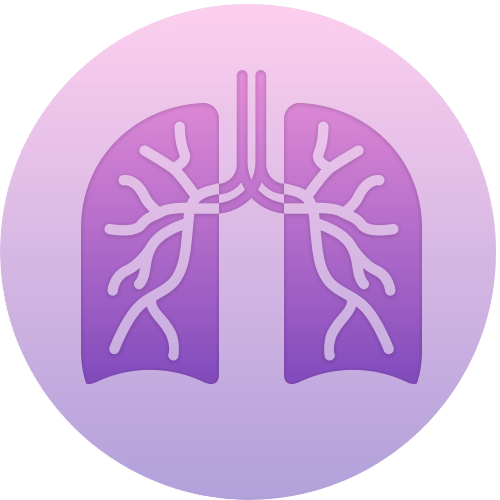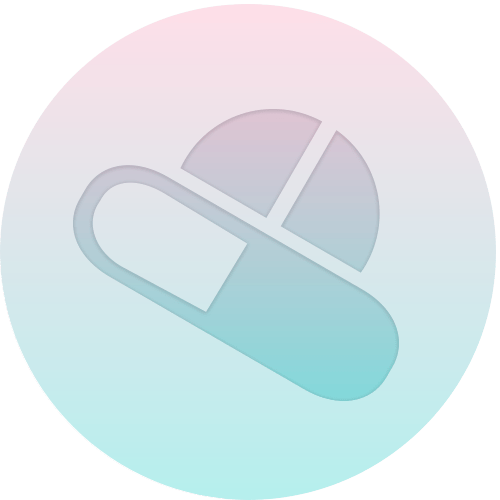Is your body acting like a drama queen?

Yesterday, as I was tucked away in my office eating my lunch, I was interrupted by one of my colleagues who asked me to counsel a patient about his medication upon collecting a new prescription.
I usually have a habit of writing “Talk” on the prescription receipt for any patient that I need to have a brief conversation with about their medicines.
Most of you who know me well understand that I love telling my patients the things they don’t know about their medicines. Most people usually show patience towards me when I explain their medications. However, I do occasionally receive comments from patients who try to cut me short or interrupt me by saying things like – “yup, yup, yup…I know”, “I don’t need to be counselled on my medication—I’ve been taking this drug for years” I’ve taken this before“ and “ I know what to do”.
In my younger days, I would get upset and offended when I hear comments like these. However, these days I am able to dodge their comments and still manage to sneak in a few pieces of information that they don’t know at all.
This time was no different… I got interrupted by the patient as I was trying to explain to him about the antibiotic he was prescribed.
Chris: “Now this is an antibiotic, and…”
Patient: ”I know what to do!”
Chris: “I’m glad that you know how to take this. However, what I was about to ask you was whether you had an allergic reaction to any antibiotics in the past?
Patient: “Oh…Yes, I’m allergic to penicillin.”
Chris: ”If that the case this antibiotic is not right for you because it is a form of penicillin”
Patient: “Oh…”
Chris: “May I ask what sort of symptoms did you get when you were given penicillin last time?”
Patient: “I actually had an anaphylactic shock where my lips and eyes were swollen and difficulty breathing.”
Chris: “ I think I need to talk to your doctor…”
These conversations do occur more often than you might think.
As a pharmacist, I’ve had come across many patients who would get upset or annoyed when I counselled them as they pick up the medication they’ve already been taking or have taken in the past.
I totally understand those patients. If you have been using medicine for years, it makes sense to assume that you know the medicine inside and out – how it affects your body and how your body responds to it. An analogy I refer this to is like driving your car. After years of driving it, you kind of developed the memory skills in your muscles that enable you to hop into your car and start driving without thinking. And to keep your car in top-notch condition, you need to get a WOF and service annually. Taking your medicine is the same, you need to update your knowledge about your medicine. The best person to easily get that reliable information is from your pharmacist.
Sometimes is not because you are not aware of the crucial piece of information about your medicine, but it is because you have developed a comfortable routine that overtime makes you start to forget or overlook certain small but important details. For instance, people who take thyroid tablets know that they should take it on an empty stomach. However, over time you might start developing a habit of taking it with a glass of milk or juice or even with a tub of yoghurt in the morning but in fact, you should be taking it on an empty stomach with water instead.
As a pharmacist, one of the most common questions that I ask my patients is whether they are allergic to any medicines or the medication that they are about to take. It is important to know if you could be truly allergic to the drug or the excipients used to make up the drug and sometimes it could be a fine line between the 2 and can be difficult to distinguish.
I also have come across many times patients that have told me they were allergic to a certain drug, but in fact, the reaction they described was actually a side effect. If a side effect was treated like an allergic reaction, it could lead to unnecessarily withholding of effective medication that could result in compromising the treatment for the patient.
So how can you tell the difference between allergies and side effects?
An allergic reaction occurs when your body’s immune system acts like a drama queen and makes mountains out of molehills. When your body come across a foreign object (such as a new drug) it immediately sends white blood cell troops to try to ID the molecule. If the molecule looks foreign, your immune system will start to tackle it to stop it from causing harm to your body.
However, in most cases, the actual harm is not from the drug itself but rather from your body’s own defence mechanism. This “freak out” state usually ranges from a simple rash, hives, itchiness or watery eyes to a potential serious life-threatening anaphylactic reaction such as swelling of the throat and hence cause trouble breathing.
When you take a medicine, your body sometimes acts like an eight-year-old throwing tantrum and demanding attention when they come across something they don’t like and hence manifest the response in an unpleasant way. I usually refer this type of response to “side effects”.
The main difference between an allergic reaction and a side effect is that your immune system triggers the allergic response and side effects are unwanted consequences that occur when the drug is working in your body.
A good example that I’ve come across this morning is a regular patient who came in seeking management for his leg cramps at night. After looking at his medication record, he is taking a fluid tablet to manage his heart problems. It appears to me that the muscle cramps he’s experiencing could possibly be a side effect of the fluid tablet that he is taking. Some of you might say – How? Well, the fluid tablet makes you pee, right? Hence, losing water can muddle up your electrolyte balance, or ultimately the amount of sodium and potassium in your body. When those minerals get too low, our muscles will be the first to suffer.
Many people think that one must stop taking the drug when they start to experience the side effect. However, nothing can be further from the truth because many side effects are mild and manageable, and sometimes they may go away as your body adjusts to it after a few weeks. It’s usually a good indication that your body is slowly adapting to medicine when your side effects are improving day by day.
Before you start taking a new medicine, please remember:
1) Keep an eye out on any unpleasant symptoms or responses after starting the medication
2) Tell your doctor or pharmacist if you are experiencing any unpleasant symptoms
3) Side effects can go away on their own as your body adjusts to the medicine.
4) Do not stop taking, or adjust the dose of your medication without talking to your doctor first.
If you are taking any long term medications and are experiencing any unpleasant symptoms, please contact me or one of my team. We are happy to help clarify any concerns.
To you and your families’ health
Chris
Pharmacist


















